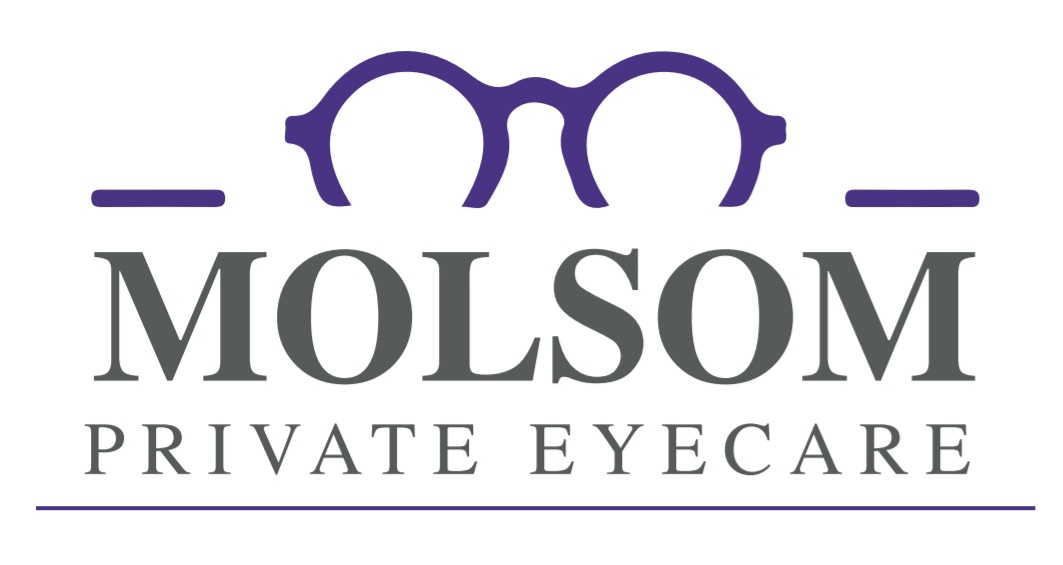What is the Macula?
The macula is part of the retina at the back of the eye. It is only the size of a grain of rice but is responsible for our central vision, most of our colour vision and the fine detail of what we see. The Macula has a very high concentration of photoreceptor cells – the cells that detect light. They send signals to the brain, which interprets them as images. The rest of the retina processes our peripheral, or side vision.
What is age-related Macular Degeneration?
When Macular disease appears in later life it is called age-related Macular degeneration (or AMD). It usually affects people over 60 but can happen earlier. AMD is the most common cause of sight loss in the developed world. Around 1 in every 2,000 people has AMD at the age of 60. However by the age of 90 1 in 5 people are affected.
There are two forms of AMD – dry and wet.
Dry AMD is a gradual deterioration of the macula as the retinal cells die off and are not renewed. There is currently no treatment for dry AMD. Around 10% of people who develop dry AMD go on to develop wet AMD.
Wet AMD is caused when abnormal blood vessels grow into the Macula. These leak blood or fluid which leads to scarring of the Macula and rapid loss of central vision. It now can be treated if caught quickly.
Symptoms
Macular Degeneration affects people in different ways and you may not notice any vision change in the early stages. However below are signs Macular Degeneration could be developing;
- Gaps may appear in your vision or dark spots like a smudge on glasses, especially in the morning.
- Objects in front of you might change shape, size or colour or seem to move or disappear.
- Colours can fade.
- You can find bright light glaring and uncomfortable or find it difficult to adapt when moving from dark to light environments.
- Words might disappear when you are reading.
- Straight lines such as door frames and lamp posts may appear distorted or bent.
Diagnosing AMD
Here at Molsom & Associates we have more than 6 years experience with our Optical Coherence Tomography technology which can help identify AMD.
Treatment
There is at the moment not treatment for dry AMD. If caught early wet AMD can be treated with injections to stop the growth of the abnormal blood vessels.
Prevention
Genetics, age and high blood pressure can all have a risk factor for developing Macular Degeneration. Smokers are 3 times more likely to develop Macular Degeneration! Along with stopping smoking, you can improve your diet to help, maintaining a healthy weight and blood pressure will benefit all areas of your life. Antioxidants in fruit and vegetables protect the body, drinking alcohol destroys antioxidants, try to limit alcohol consumption and include lots of fruit and vegetables in your daily diet. Macular cells are sensitive to UV (ultra violet) radiation and visible blue light which occur naturally in sunlight so wearing lens which block UV and reduce glare is very important. If you do not own a pair of sunglasses please pop in and speak to one of our Lens Experts to see if they can help.
Living with AMD
Living with Macular Degeneration can be frustrating but there is information and support to help. Low vision services can help with equipment such as magnifiers. Improving the general lighting in your home will help or using larger print for reading material are just a couple of ideas.
The Macular Society are a charity who have been supporting people with Macular conditions for over 25 years and offer free advice. With local support groups and information they can really help people through the sometimes difficult adjustment of living with AMD. You can contact them on 0300 3030 111 Monday – Friday 9-5 or email help@macularsociety.org they also have a web site www.macularsociety.org
